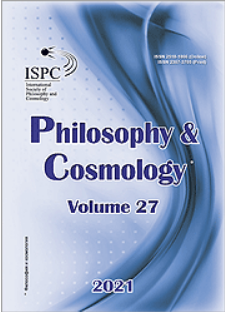Moral Paradoxes of Emerging Technologies in the Education Sector
Moral Paradoxes of Emerging Technologies in the Education Sector
Author(s): Maya Trynyak, Oksana YakymchukSubject(s): Ethics / Practical Philosophy, Cognitive Psychology, ICT Information and Communications Technologies, Distance learning / e-learning, Philosophy of Education
Published by: Международное философско-космологическое общество
Keywords: moral paradox; education sector; emerging technologies; cognitive psychology; normative ethics; moral worth; arete;
Summary/Abstract: The authors formulated and answered the question, “Can emerging technologies in education be evaluated from the point of view of morality?” The authors used the methods and tools of normative ethics and cognitive psychology, i.e., the comparative-analytical method, axiological method, as well as tests, questionnaires, correlation research, observation method, and bibliographic method. The essence of the concepts “moral worth” and “disclosedness of arete” as the supreme moral value, were investigated. A universal and defining criterion for moral evaluation was established, i.e., the actions disclosing arete are of the supreme value from the point of view of morality. The authors found that the influence of emerging technologies on the disclosure of arete creates moral paradoxes. Moral paradoxes exclude the possibility of developing objective and sustainable criteria for evaluating emerging technologies and, accordingly, their acceptance/prohibition in the education sector. Uncertainty is asserted as a criterion for evaluating emerging technologies.
Journal: Philosophy and Cosmology
- Issue Year: 27/2021
- Issue No: 27
- Page Range: 163-173
- Page Count: 11
- Language: English

